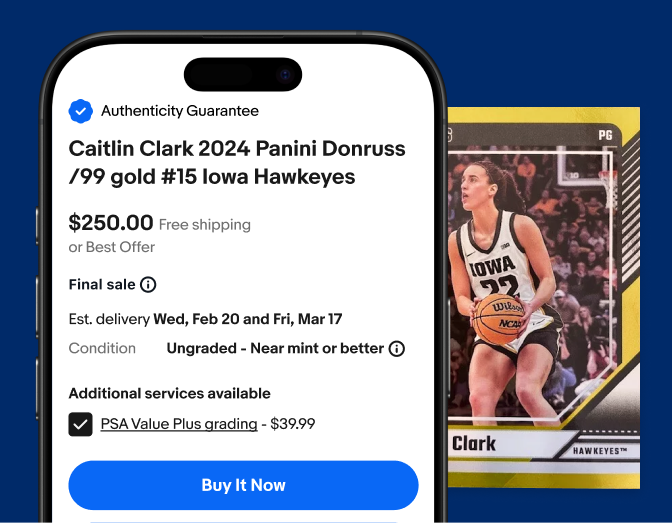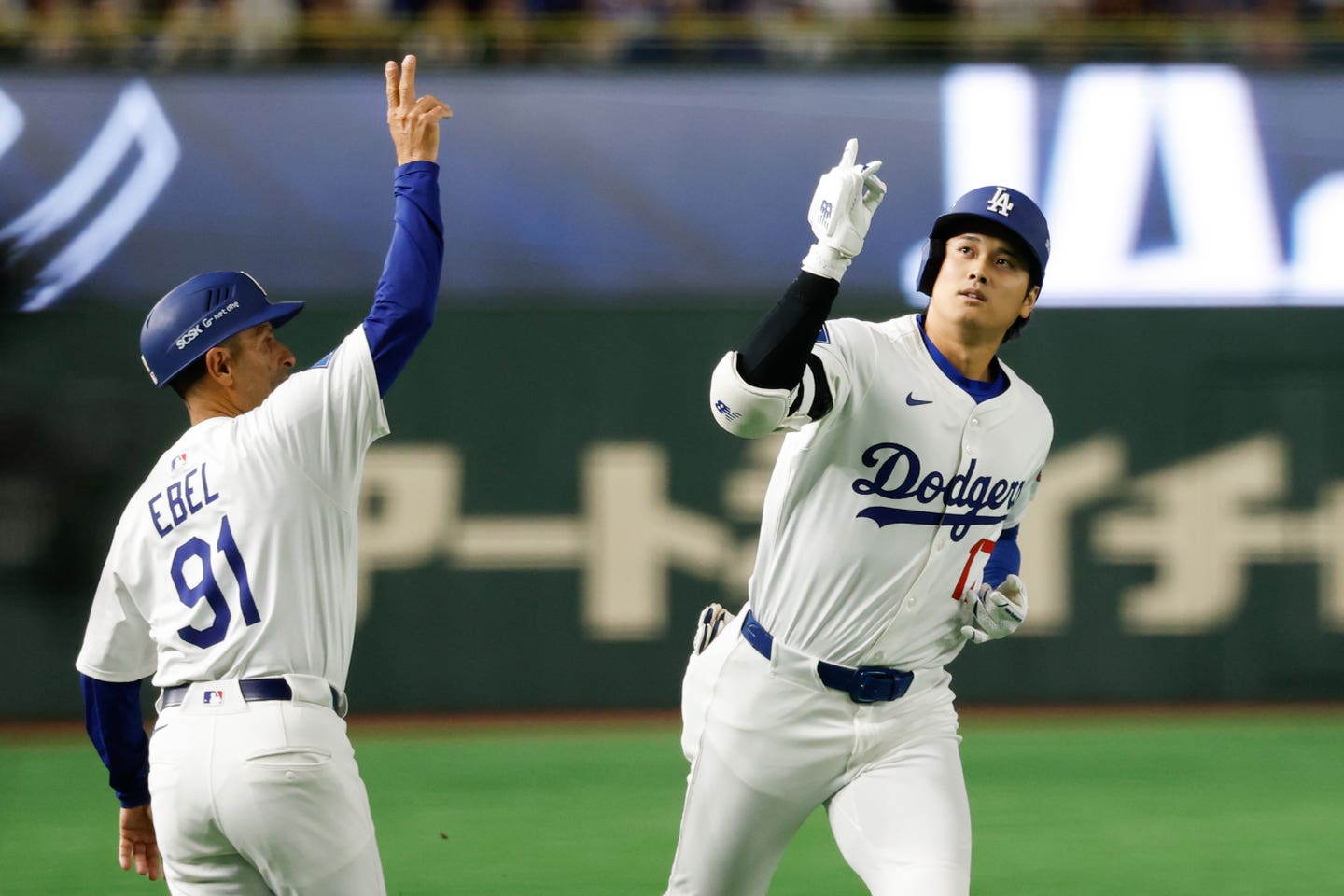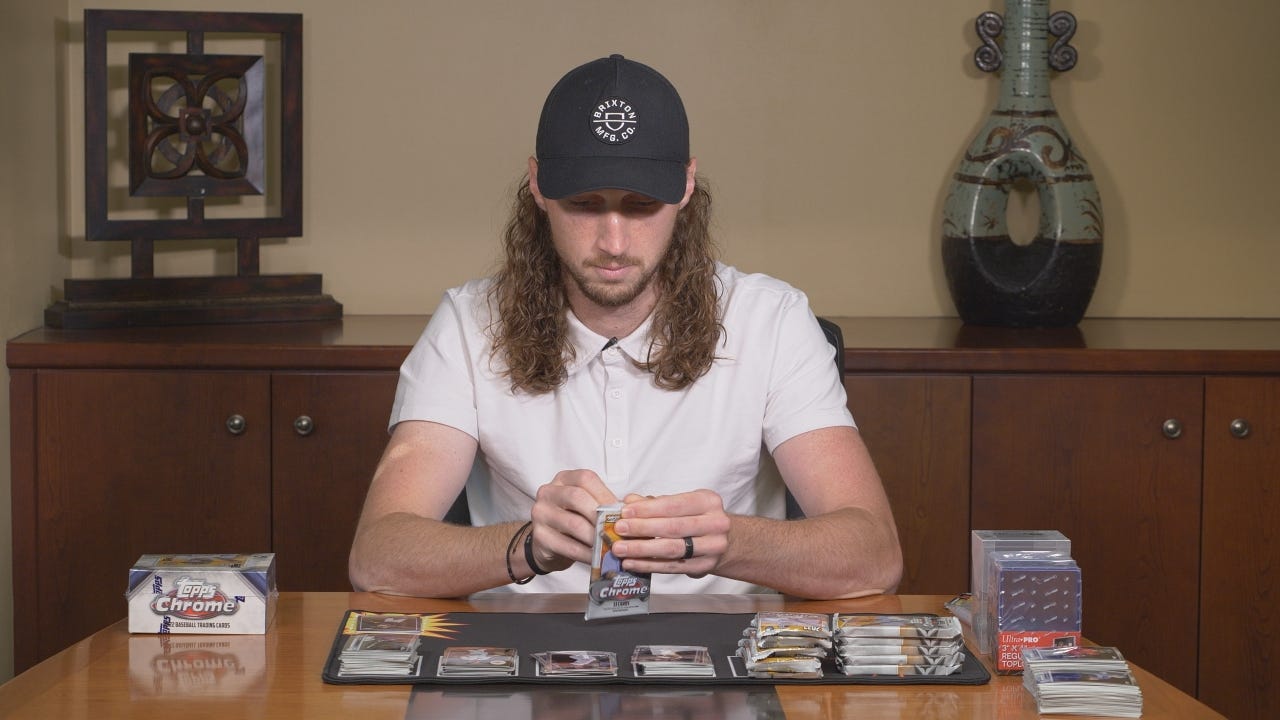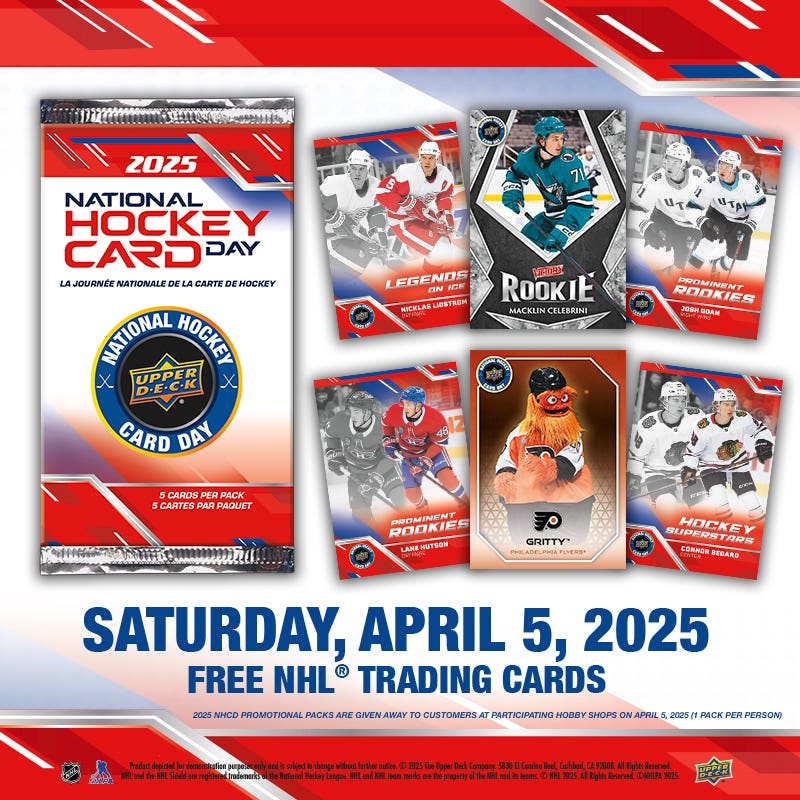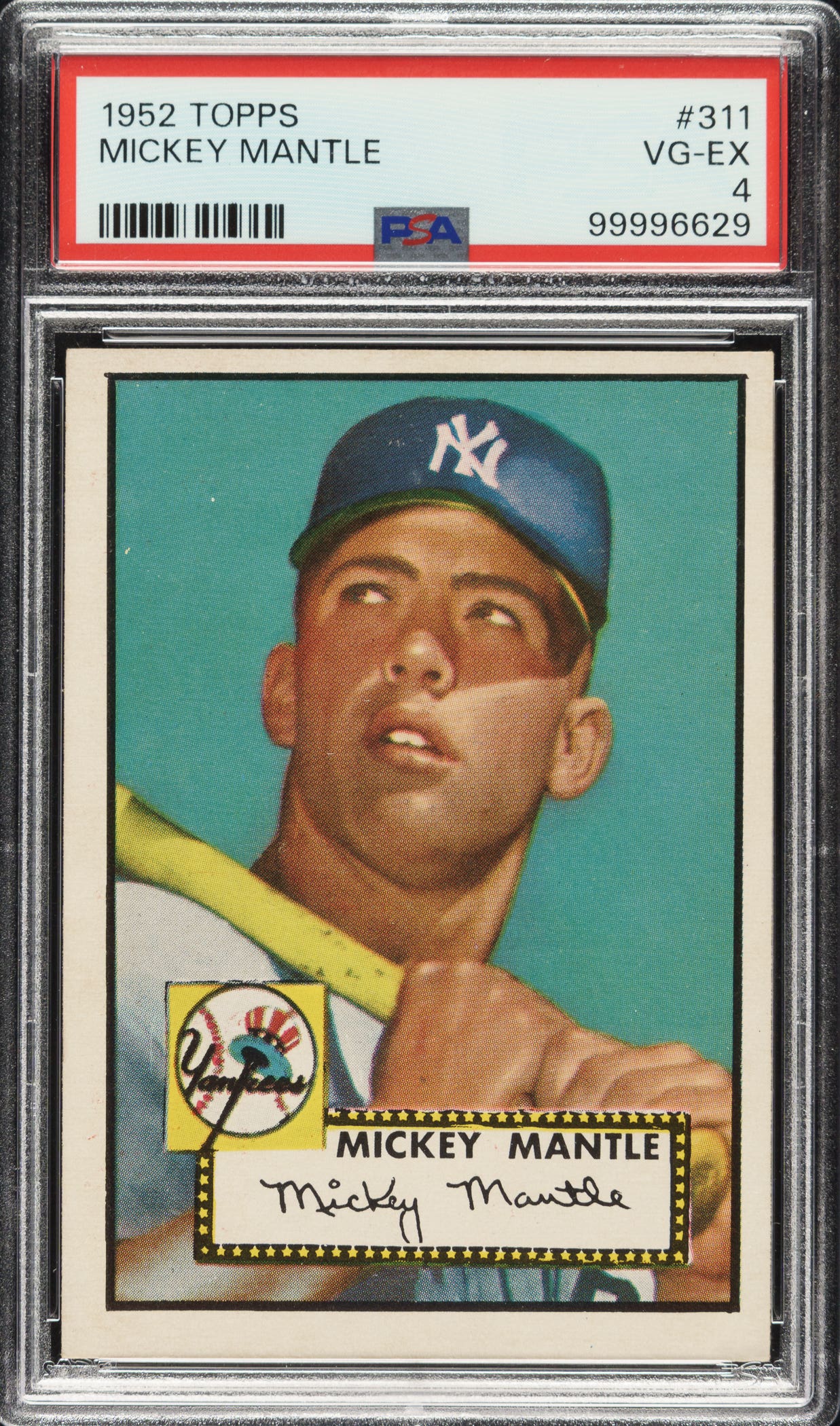
News
What was just another game in 1967 has grown into something SUPER
By Greg Bates
Each year, the hype for the Super Bowl gets bigger and bigger.
The winners of the National Football Conference and American Football Conference take center stage for two weeks building up to the big game. When it’s finally time for kickoff, every angle, every situation, every player has been discussed ad nauseam.
It certainly wasn’t always that way.
When Super Bowl I took place at the Los Angeles Memorial Coliseum on Jan. 15, 1967, there was very little talk about the game from the media, fans and players. The game pitting the National Football League’s Green Bay Packers against the American Football League’s Kansas City Chiefs was just another game.
Now that it’s been 50 years since the inaugural Super Bowl, Sports Collectors Digest reflects on the biggest event in the sports world.
With Super Bowl I being held in Los Angeles – which was decided just a couple weeks before the game – the NFL had a large venue to accommodate fans. However, in the 94,000-seat stadium, only 64,000 fans were in attendance.
“You look to the one end where the track was farther away from the field and there wasn’t anybody down there hardly and then there were some empty places up here,” said Packers left guard Jerry Kramer, talking about the Super Bowl while sitting in a suite at Lambeau Field in Green Bay during the Packers’ annual alumni game on Sept. 25, 2016. “We heard 10,000 empty seats and then we heard (15,000) maybe (20,000). Tickets were $10 apiece. Astronomical, just out of sight vs. $2,000 today or whatever they might be.”
Tickets for the Super Bowl weren’t in high demand.
“I actually bought four tickets for my nephews and they never showed up,” Kramer said. “So I’m stuck with them at the gate and they’re nowhere to be seen. And they’re some kids sitting by the gate outside by the fence, ‘You guys want to go to a ballgame? Yeah? C’mon, I got four tickets.’ ... I gave them to the kids. Got them used anyway.”
The Super Bowl didn’t officially earn its name until the third year that the NFC winner took on the AFL winner. In January 1967, it was considered the world championship game.
“We didn’t even know what it was called,” Packers left tackle Forrest Gregg said. “Lamar Hunt, they asked Lamar Hunt what he thought about it and Lamar said, ‘I think it would be super if the AFL and the NFL played a game for the championship.’ I think that’s how it was named the Super Bowl.”
Well, that wasn’t exactly how it got named. Hunt, the Chiefs owner and founder of the AFL, got the Super Bowl name from the Super Ball toy that his son would play with.
Even though the first title game didn’t have the mystic it does now, the Super Bowl was very important for Packers coach Vince Lombardi. Already a legend for winning three world championships in his first seven seasons, Lombardi was feeling the stress of winning another big game. Lombardi, who was a strict leader, increased fines from $500 to $5,000 for any Packers player who snuck out or missed curfew the night before the game.
“It didn’t bother (Max) McGee, but it bothered everybody else who stayed home and behaved,” Kramer said. “He got a lot of pressure from the Halas’ and the Maras and the Rooneys and the old NFL owners, not just to win the game, but to win it big. He had to embarrass them, really punish them. He had a lot of pressure on him.”
Lombardi wasn’t the only one to have pressure on him. The entire Packers squad was looked at as the dominant team. They were 13 ½-point favorites in the game and the guys wanted to show their counterparts the NFL was the superior league to the AFL.
“The pressure was on the NFL, the National Football League, and they were claiming that they were stronger and we had our little Mickey Mouse league and stuff like that – that (the AFL) wasn’t going to stay in and they would be shutting the doors down,” said Kansas City Chiefs outside linebacker Bobby Bell, who is a Pro Football Hall of Fame member. “Here we are with a chance to play against the NFL. It was the opportunity for us to show that we had just as good as talent as the NFL did at that time.”
If there was pressure on the Packers players, they didn’t feel it. All the players had been in big game after big game in their careers. This was just another game for them.
“No, we knew that we were football players and it doesn’t matter what teams we’re going to be on the field with and facing, we’re going to play our game,” Packers fullback Jim Taylor said. “We feel like that’s going to be ample and be sufficient to be winners and be champions.”
“This was our fourth championship – we’d already won ’61, ’62, ’65, so this wasn’t our first dance,” Kramer said. “We expected to win because we had the confidence and the belief in ourselves and all those things.
“And we didn’t really know who Kansas City was, we had no way of measuring them. They had never played a team that we had played. They never faced an opponent that we had, so we did take them kind of lightly. There was a lot of animosity between the two leagues and they were throwing rocks at one another and saying both of them were bad, the junior league. You didn’t know exactly what to believe and where to come down. But once we got on the field and make contact, then we understood they were a pretty good football team there and some damn fine players. It was a waking up period.”
Super Bowl I would be historic just for the greatness of the players on the field. Of the 303 members in the Pro Football Hall of Fame, 15 combined players, coaches and an owner were associated with the first Super Bowl. Both coaches, Lombardi and Hank Stram for the Chiefs, are in the Hall of Fame, as is Hunt. The Packers had eight Hall of Fame players: quarterback Bart Starr, Taylor, Gregg, middle linebacker Ray Nitschke, linebacker Dave Robinson, defensive end Willie Davis, safety Willie Wood and running back Paul Hornung (who didn’t play in the game). The Chiefs had four Hall of Fame players: Bell, quarterback Len Dawson, defensive end/linebacker Buck Buchanan and cornerback Emmitt Thomas.
A feeling out process early
After the Packers beat the Dallas Cowboys in the NFL Championship Game 34-27 and the Chiefs downed the Buffalo Bills in the AFL Championship Game 31-7, both on Jan. 1, the teams had two weeks to prepare to face off in the Super Bowl.
That’s plenty of time to get ready for their opponent, but neither team had a clue what to expect.
“We didn’t know that much about them, just like they didn’t know that much about us,” Bell said.
Kramer added: “We were watching film Wednesday night before the game and we saw two of the safeties run together and knock each other down from Kansas City, and Max McGee is sitting in the dark going (humming the Looney Tunes theme song), and we’re laughing our tails off. We didn’t know how good they were. So you didn’t get emotional, you didn’t get pumped, you didn’t get angry; you were just going to play the game and get it over with.”
Stram knew his young team was going against a veteran squad like the Packers, and it was all about favorable matchups.
“(Coach Stram) said, ‘You’re going to have to have your best game,’” said Bell, who had a half sack in Super Bowl I. “We had to stop their key players.”
Early in the contest, it was a feeling out process for both teams.
The Packers opened the scoring in the first quarter when Starr hit McGee – who was a backup receiver and came in for Boyd Dowler, who was injured on the first possession of the game – for a 37-yard touchdown. The Chiefs tied it at 7-7 early in the second quarter when Dawson connected with fullback Curtis McClinton for a 7-yard touchdown. Green Bay took the lead back for good when Taylor took a handoff and raced 14 yards for a score. Late in the first half, Chiefs kicker Mike Mercer nailed a 31-yard field goal to pull Kansas City within four, 14-10, at the half.
“Going into halftime it was almost deceiving, it’s not a runaway,” Bell said.
“We got acquainted with the guys a little bit and it was a very serious locker room at halftime,” Kramer said. “At halftime (coach Lombardi) amped the pressure up pretty good, so we sobered up a little bit at halftime and realized we were in a ballgame and did a little better in the second half.”
Kramer can’t specifically remember what Lombardi told the guys during halftime, but the epic coach was known for his speeches.
“He was generally angry about several things and then encouraging about several things,” Kramer said. “Ultimately, he’d get you down and pick you up and dust you off and send you out the door.”
The Chiefs were driving to potentially take the lead on the first series of the second half when Wood picked off a pass from Dawson and ran 50 yards down to the Chiefs 5-yard line. On the next play, halfback Elijah Pitts scored on a 5-yard run.
“If we hadn’t turned the ball over, it would have been a different game, because they capitalized on the turnovers,” Bell said. “They were a veteran team and had been around and we knew we couldn’t make any mistakes, and we did.”
McGee scored his second touchdown of the game, this time from 13 yards out on a pass from Starr and it was 28-10 with 51 seconds left in the third quarter. The Packers tacked on the last score of the game as Pitts had a 1-yard touchdown run as Green Bay finished off a 35-10 victory.
“We were a better team,” Gregg said. “I think maybe we never went into a game that I can remember that we were cocky and we knew we were going to win, and this one here was no different. The second half, I think we sort of just feeling them out more or less the first half and realizing that we can play with anybody, so we just kind of picked up the tempo and kind of put the game away.”
The Packers outgained the Chiefs 361-239 as Green Bay’s defense stiffened in the second half and pitched a shutout.
“The defense came alive and they started making some plays and it was a totally different game,” Kramer said. “Plus, the fact that when I lined up for an extra point in the second half, I had a defensive tackle across from me that leaned on me with the pressure of a good feather duster and he (grunted). I went, ‘What in the hell was that? This game is over. This game is over.’ And I talked to Lenny Dawson about that years later, and he said, ‘Well hell, Jerry, we watched you guys win championships when we were in high school. You were our heroes, too. We were just tickled to death to stay with you until halftime.’ And I think they went (sighed). ‘We didn’t embarrass ourselves. We did OK.’ I don’t really believe they thought they could win.”
Confidence was a huge factor for the Packers’ play in the second half. The guys kept wearing down the Chiefs to pull out the win.
“We’d been together so long and knew that we just moved it up a notch or two and we’d just execute and get excited and end up beating the Kansas City Chiefs,” Taylor said.
Starr was named the game’s MVP by going 16-for-23 for 250 yards and two touchdowns. But it was the play of McGee that astounded everyone. He had just four catches for 91 yards and a score in the regular season. But the 34-year-old amazingly caught seven balls for 138 yards and two touchdowns in the Super Bowl. Years later, it surfaced that McGee was out drinking the night before the game and violated Lombardi’s curfew policy.
McGee’s career game in the biggest game of his career was certainly a surprise to the Kansas City defense.
“Surprise us? We didn’t see anything on him,” Bell said. “We didn’t think he was going to play. He was out all night and there he’s sitting on the bench and he hadn’t tied up his shoes. He caught some passes that should never been caught, behind him, one-handed. He’s out there and here comes the ball, so he sticks his hands out. He caught more passes in that game than he’d caught all year. He wasn’t the guy we were looking at.”
As the players reflect on what it was like playing in Super Bowl I, they all speak so proudly of it.
“To be the first one to do it is always a lot of joy to it and everything,” Bell said.
“It was a big deal, but it got to be a bigger deal every year it seems like,” Kramer said. “It’s a huge deal now, right. It’s nice to look back and say we won I and II, wear the rings and be part of history.”
Eight Packers from the Super Bowl I team – Gregg, Taylor, Kramer, Robinson, Dowler, Marv Fleming, Carroll Dale and Donny Anderson – were on hand for the team’s annual alumni game in September. When the guys get together, talk always reverts back to playing in the first Super Bowl.
“We’re always going to bring it up, somebody is,” Gregg said. “We talk about it and we cherish the memory and cherish the thoughts of us playing in that game. Of course, you always think of Lombardi when you think of that Super Bowl and what it meant to him and in turn what it meant to us.” u
Greg Bates is a freelance contributor to Sports Collectors Digest and can be contacted at gregabates@gmail.com.




